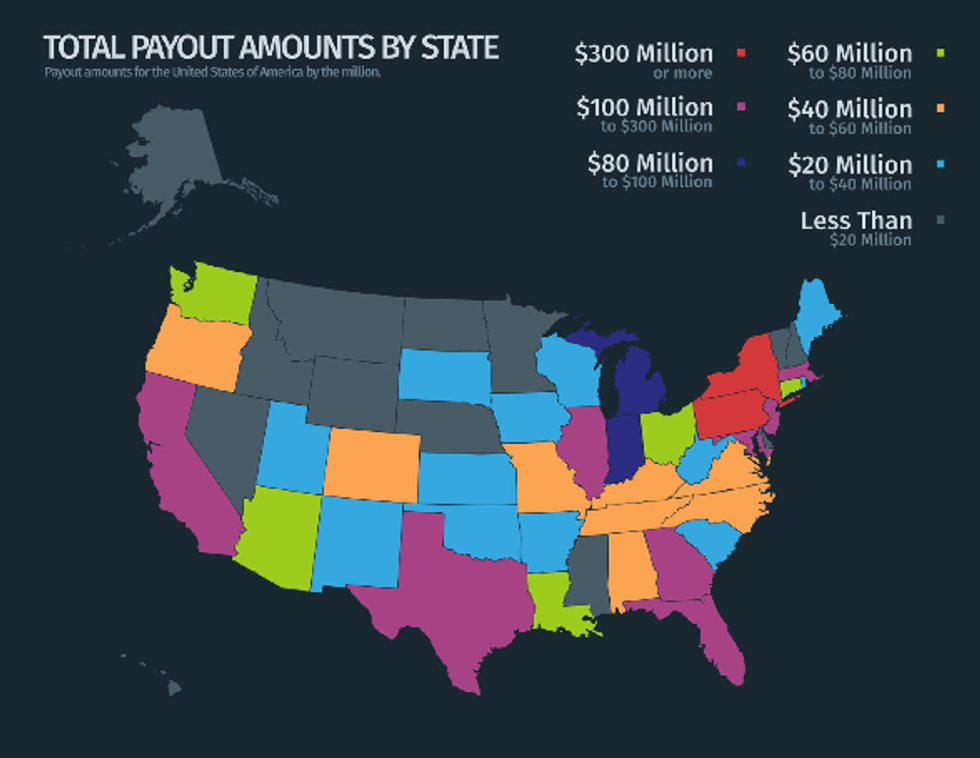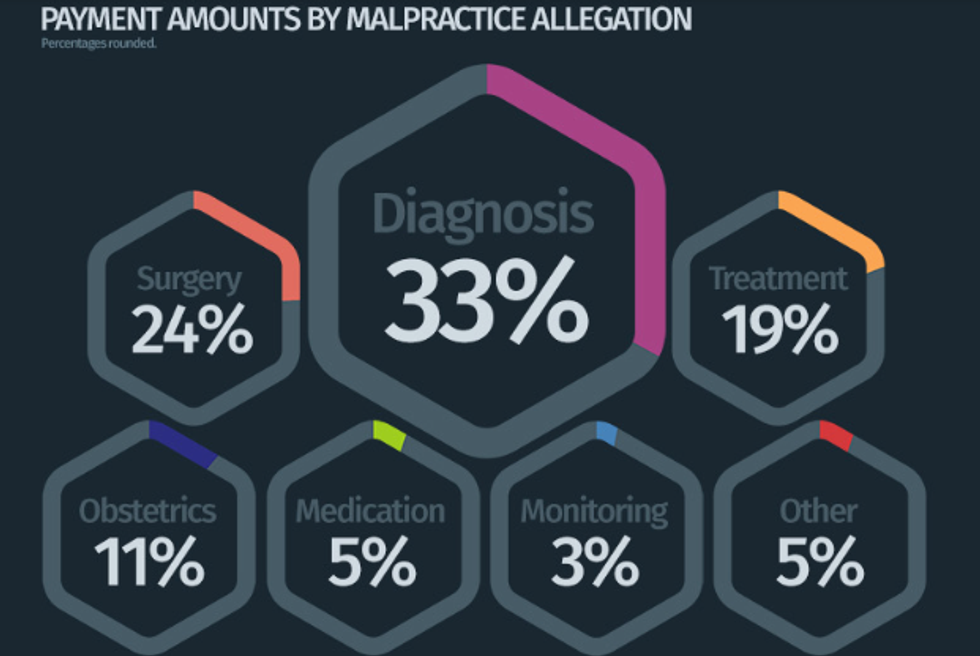About a week ago I left my primary physician's office with a prescription for a common cold, turned sore throat with a harsh cough. My father and I went to the pharmacy and I took my first dose (two pills twice a day) as soon as I could, in a hurry to finally shake that annoying bug. Later on that evening and into the next morning, I started to noticed weird mood shifts, and I was having a hard time focusing. After having my vision cut out and trouble speaking; I Googled the medicine to find out it was in the same family as penicillin, which happens to be a medicine I'm very allergic to. Further research revealed that I was lucky to have noticed the reaction before my body went into shock and, thankfully, I did not have to be rushed to the hospital. The most shocking part of this incident was that my family doctor (and pharmacy) have both known me for years; yet I was the one who had to ultimately treat myself.
Many debates circle the healthcare world daily about the true cost of new drugs, medical negligence, and the assembly-line feel of most healthcare facilities. There are plenty of accusations stating our society is so focused on pumping out new drugs and cures, we don't slow down to double check what exactly we are doing to our bodies. The human body is not made to receive hundreds of chemicals designed to tamper with our body chemistry, especially for extended lengths of time. In response to this, a new wave for holistic healing has washed over people as the side effects of years of harsh drugs are coming into focus.
While there is no doubt that the medical industry has helped millions of people recover from ailments and go back to enjoying life; the third most common cause of death in the United States is medical errors. This is a staggering amount of deaths to be coming from the industry that should be healing us. Even worse, it is estimated that around 225,000 people die each year from some form of medical malpractice.
No one wants to believe their doctor is incompetent or mistreating them, (especially when there are real-life doctors like McDreamy running around), but this is our new reality. As hospitals and doctor offices get more and more crowded; our doctors may rush through their patients to reach their quota and end up prescribing a basic routine of drugs. This routine may or may not help the patient -- and if it doesn't, who knows what could happen?
In my personal experience, I visited the same urgent care facility multiple times in the past year for different reasons (I have really bad luck with my health); and received the same treatment each time -- even though each visit was for a completely different reason, and I ended up in the ER after the urgent care visits. Similar to my recent experience, discussed in Adverse Drug Reactions, more than 1.5 million people are hospitalized and more than 100,000 die each year from largely preventable adverse reactions to drugs that should not have been prescribed as they were in the first place. Not only that, a recent comprehensive review of studies of such inappropriate prescribing in older patients found that 21.3 percent of community-dwelling patients 65 years or older were using at least one drug inappropriately prescribed.
"It's not just the 1,000 deaths per day that should be huge cause for alarm, noted Joanne Disch, RN, clinical professor at the University of Minnesota School of Nursing, who also spoke before Congress. There's also the 10,000 serious complications cases resulting from medical errors that occur each day." -
Why in the world are our medical professionals flooding our systems with unnecessary and incorrect drugs? While some extremists may argue that this is a secret faction of the government slowly taking control over the nation, a more common approach is that the medical industry is going from an occupation to a standardized role determined by Medicaid and other healthcare agencies. Or, maybe the doctors and nurses are too tired, or not staying up to date on their continuing eds, or the workplace is so full of distractions and stress that they cannot focus fully on each patient.
Regardless of the cause; the cost is clear both in our nation's health, but also in monetary form. As the doctors rush to meet quotas and bills accepted by insurance agencies, these medical errors cost the nation a colossal $1 trillion each year. The amount of money spent on payouts for these medical malpractice cases would be enough for me to travel the world luxuriously for the rest of my life. A comprehensive study performed by Diederich Healthcare has revealed a huge cost per state in 2014.
Total payout increased by 4.4 percent to $3,891,743,050 in 2014.
The study also compiled statistics on the type of case.
Between the costs to our economy and our health, it's clear that we are in serious need of improvement in our healthcare industry. I should not have to rely on myself to double check my doctor's work, and whether the causes of these issues are rooted in the industry itself or the professionals we're trusting with our lives, something's gotta give.







 StableDiffusion
StableDiffusion
 full parking
StableDiffusion
full parking
StableDiffusion


 Photo by
Photo by 
 Photo by
Photo by  Photo by
Photo by 









